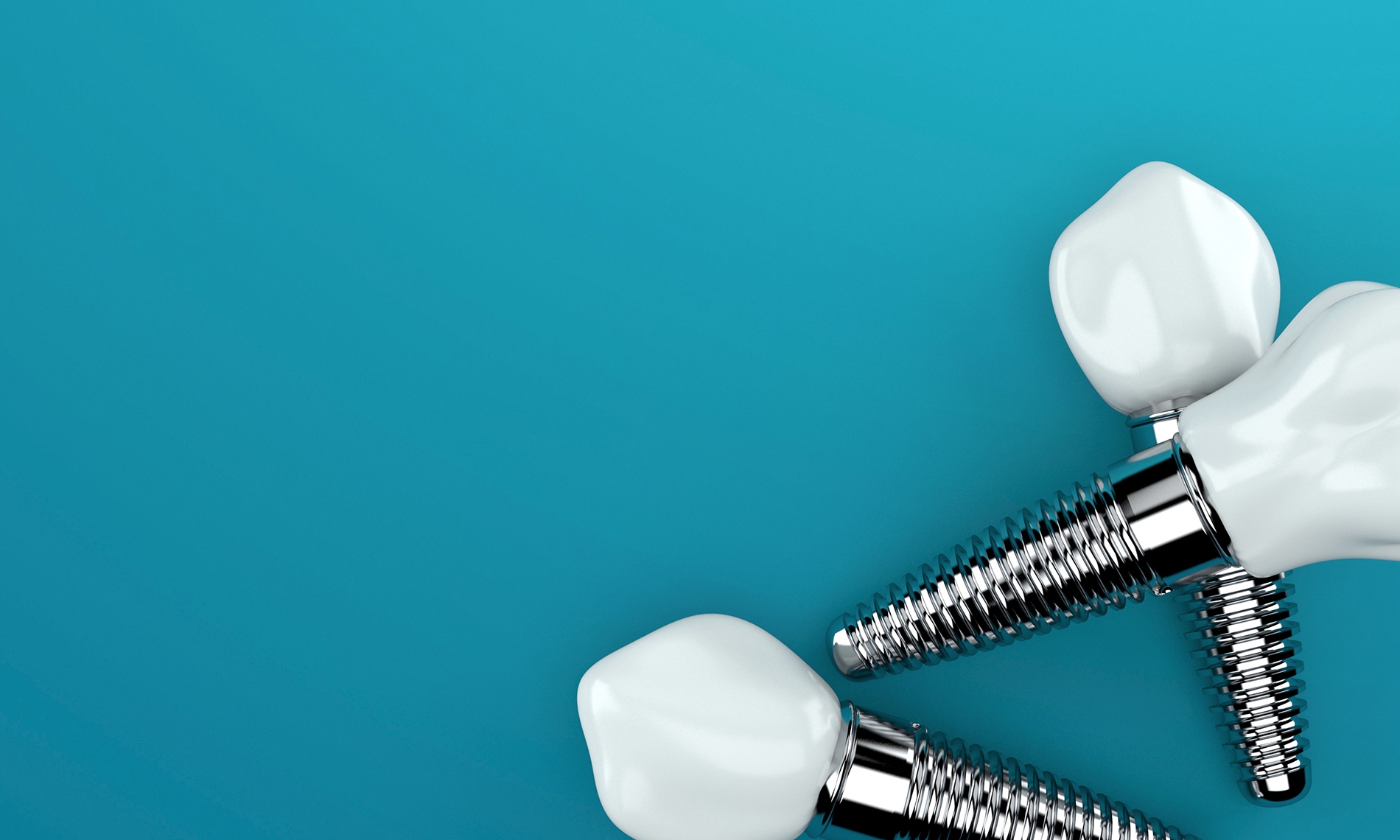
Achieving a complete and confident smile is a desire for many individuals, and dental implants stand as a remarkable solution for those with missing teeth. However, the question of whether dental implants hurt is a common concern. In this article, we unravel the truth about the discomfort associated with dental implants, addressing the pain during and after the procedure, factors influencing pain levels, and valuable tips for a smoother recovery.
Are Dental Implants Painful?
Contrary to common misconceptions, the dental implant procedure itself is not painful. Dentists prioritise providing a pain-free experience for patients undergoing implant surgery. Local anaesthesia is administered during the surgical insertion of dental implants into the jawbone to ensure the procedure is as smooth and painless as possible.
Also Read: What Can I Eat After Wisdom Tooth Extraction?
Also Read: Illuminating Smiles: Unveiling Brisbane’s Premier Teeth Whitening Options
The Use of Anesthesia:
Local anaesthesia plays a crucial role in numbing the area where dental implants are being placed. This numbing effect significantly reduces discomfort and alleviates any fear of pain during the surgery. While patients may experience slight pressure or irritation as the dentist works on the jawbone, the use of anaesthesia minimises these sensations.
Post-Operative Discomfort:
After the anaesthesia wears off, patients may experience mild pain, bruising, and soreness. These post-operative symptoms are normal parts of the recovery process and are usually well-managed with prescribed medications or over-the-counter pain relievers recommended by the dentist.
Factors That Determine Pain:
The level of pain experienced during and after dental implant surgery varies from person to person. Several factors influence pain levels, including:
- Medical History:
- Underlying medical conditions such as cancer, diabetes, or autoimmune diseases can impact the healing process and pain perception.
- Bone Health:
- The density and health of the jawbone play a role in pain levels during and after surgery.
- Oral Hygiene and Lifestyle:
- Good oral hygiene practices and a healthy lifestyle contribute to a smoother recovery and may reduce postoperative discomfort.
Benefits of Dental Implants:
Understanding the temporary nature of discomfort associated with dental implants is crucial when considering the long-term benefits:
- Permanent Solution: Dental implants offer a lasting and stable solution for replacing lost or damaged teeth.
- Improves Oral Health: Dental implants prevent jawbone loss, maintaining facial structure and supporting overall oral health.
- Value for Money: Despite the initial cost, dental implants provide long-lasting results, making them a worthwhile investment.
Tips to Reduce Discomfort:
To enhance the comfort and speed up the healing process after dental implant surgery, consider the following tips:
- Oral Hygiene:
- Maintain good oral hygiene with gentle brushing, flossing, and prescribed mouthwash to prevent infections.
- Prescribed Medication:
- Take prescribed pain relievers or antibiotics as recommended by your dentist to manage post-operative discomfort.
- Dental Visits:
- Attend scheduled dental appointments to address concerns and monitor the healing process.
- Dietary Choices:
- Follow your dentist’s dietary advice, opting for a soft diet to avoid disturbing the surgical area.
- Avoid Unhealthy Habits:
- Minimise smoking and alcohol consumption, as these can slow down the healing process.
- Moderate Exercise:
- Refrain from strenuous physical activities to support a smooth recovery.
- Handle Gently & Rest:
- Avoid touching the implant area and biting directly on it. Use a cold compress to reduce swelling, and sleep with your head elevated.
Conclusion:
Understanding that any discomfort associated with dental implants is temporary and manageable is essential for making an informed decision about this transformative dental procedure. By following your Brisbane dentist’s advice, maintaining good oral hygiene, and adopting a healthy lifestyle, you can navigate the discomfort journey with confidence and achieve successful results.
Also Read: Dental Emergencies in Brisbane: Stories of Survival and Triumph
Also Read: Does Vinegar Help Tooth Pain?
Frequently Asked Questions:
- Why does my dental implant hurt when I chew?
- Mild discomfort after dental implant surgery is normal. Ongoing discomfort while chewing might be due to reasons such as infection, improper implant fitting, implant failure, or other issues. Consult your dentist for a thorough evaluation.
- How long do dental implants hurt?
- Post-operative pain typically lasts for a few days to a week. Following aftercare instructions is crucial to minimising discomfort. Persistent pain should be addressed promptly with your dentist.
- What is the worst part of dental implants?
- Patient experiences vary, but some individuals find tooth extraction before surgery and the healing time for osseointegration (implant fusion with the jawbone) to be challenging aspects of dental implants.
- Do dental implants hurt forever?
- No, dental implants do not hurt forever. Temporary pain or discomfort during the healing phase diminishes once the implants have fused with the jawbone. Persistent pain long after healing should prompt a visit to the dentist for evaluation.


